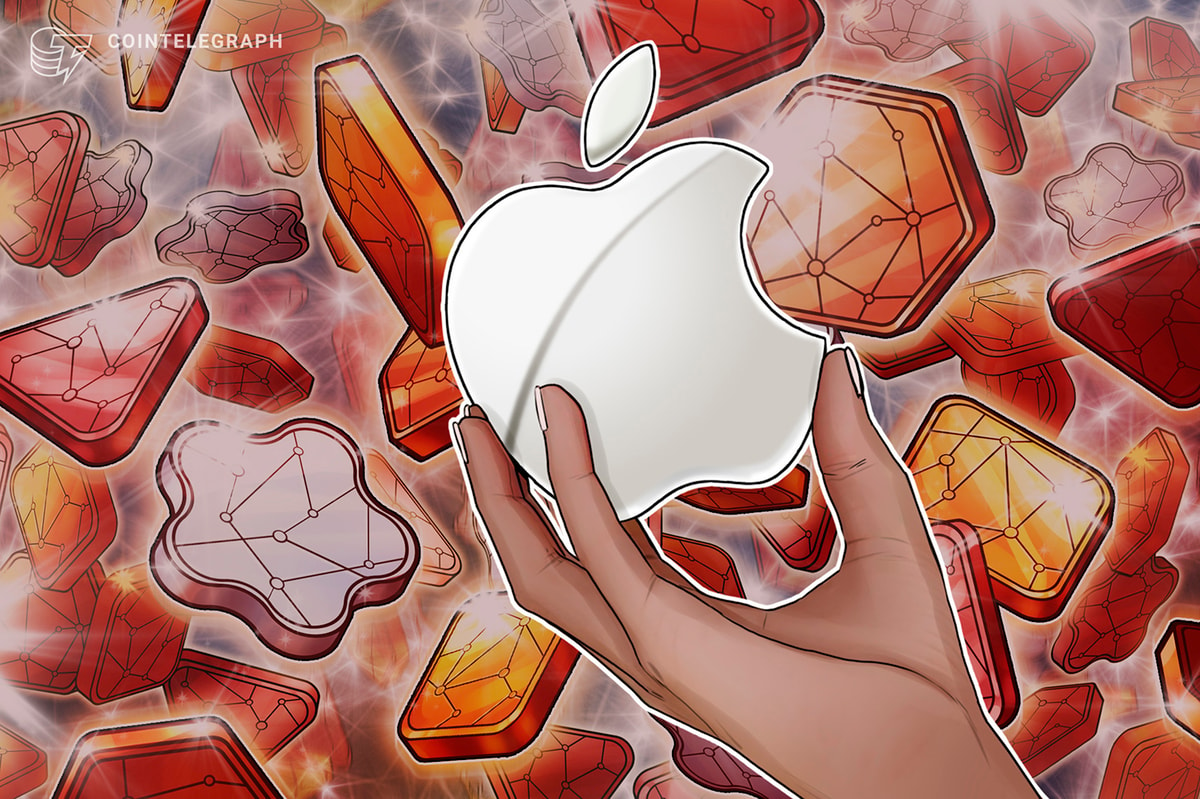Apple Addresses AI and Regulatory Challenges at WWDC 2025

Apple is set to host its annual Worldwide Developers Conference (WWDC) 2025 amidst an unprecedented array of technical and regulatory hurdles. The iPhone maker aims to woo software developers while grappling with significant pressures in the rapidly evolving tech landscape, particularly concerning artificial intelligence advancements and mounting regulatory scrutiny.
On the technical front, Apple faces criticism for delays in delivering key artificial intelligence features promised at the previous year's conference. These unfulfilled promises include crucial improvements to its digital assistant, Siri. This contrasts sharply with competitors like Google (Alphabet) and Microsoft, who have been actively engaging developers with a plethora of new AI functionalities. Apple's stock performance has reflected these concerns, showing a decline of over 40% since the start of the year, lagging behind both Google and the AI-driven gains of Microsoft.
While Apple has launched some AI features from its prior commitments, such as writing and image-generation tools, it continues to rely on external partners, including ChatGPT creator OpenAI, for some of these capabilities. Bloomberg has reported that Apple might consider opening up its in-house AI models to developers this year, potentially signaling a shift in its strategy to accelerate AI integration.
A significant area where analysts perceive Apple as trailing is in the development of a "multi-modal" AI model—one capable of simultaneously understanding imagery, audio, and language. Such a model is considered crucial for powering advanced devices like smart glasses. This category has seen considerable success for Meta Platforms with their Ray-Ban smart glasses, and Google has announced its re-entry into this market with partners.
Smart glasses, which are considerably lighter and more affordable than Apple's high-end $3,500 Vision Pro headset, are seen by competitors like Google and Meta as a strategic avenue to deploy their AI software prowess against Apple's hardware dominance. Meta's Ray-Bans, for instance, retail for under $400. Analysts suggest Apple needs to address this emerging challenge, though it's not anticipated to be a major focus of this week's conference. The Vision Pro, while technologically impressive, is often described by analysts as a "showroom product" primarily for developer exploration rather than mass-market adoption.
Ben Bajarin, CEO of technology consultancy Creative Strategies, highlighted the utility of smart glasses as complementary devices that provide world context through integrated cameras and natural language interaction. He expressed doubt about Apple's current positioning to deliver such a product, stating, "Apple is not positioned to do that."
However, the smart glasses market is still evolving. Anshel Sag, principal analyst with Moor Insights & Strategy, noted that Meta's Ray-Bans still lack some features, and Google has not yet integrated its "Gemini" AI model into a mass-market pair of glasses. Sag believes Meta has an "undisputed lead," but Google is "catching up fast and probably has the best-suited AI for the job."
Beyond AI, Apple faces substantial regulatory challenges. Courts in both the United States and Europe are increasingly scrutinizing Apple's App Store policies, with potential rulings that could dismantle the lucrative "walled garden" approach. Even former supporters have begun to question the justification for Apple's fees. Compounding these issues, U.S. President Donald Trump has threatened to impose 25% tariffs on the iPhone, Apple's flagship product.
Bob O'Donnell, CEO of TECHnalysis Research, offered a different perspective, questioning the certainty of widespread smart glass adoption. He also suggested that Apple might not be at a significant disadvantage if it opts to partner with companies like Google, OpenAI, or smaller firms such as Perplexity for core AI technology. O'Donnell pointed out the lack of strong evidence suggesting consumers are currently making major hardware purchasing decisions based primarily on AI features.
"There's an argument to be made that it's OK that (Apple) is behind because, except for the bleeding edge, most people don't care," O'Donnell stated, implying that Apple's perceived lag in AI might not be as critical for the broader consumer market as some analysts suggest.











